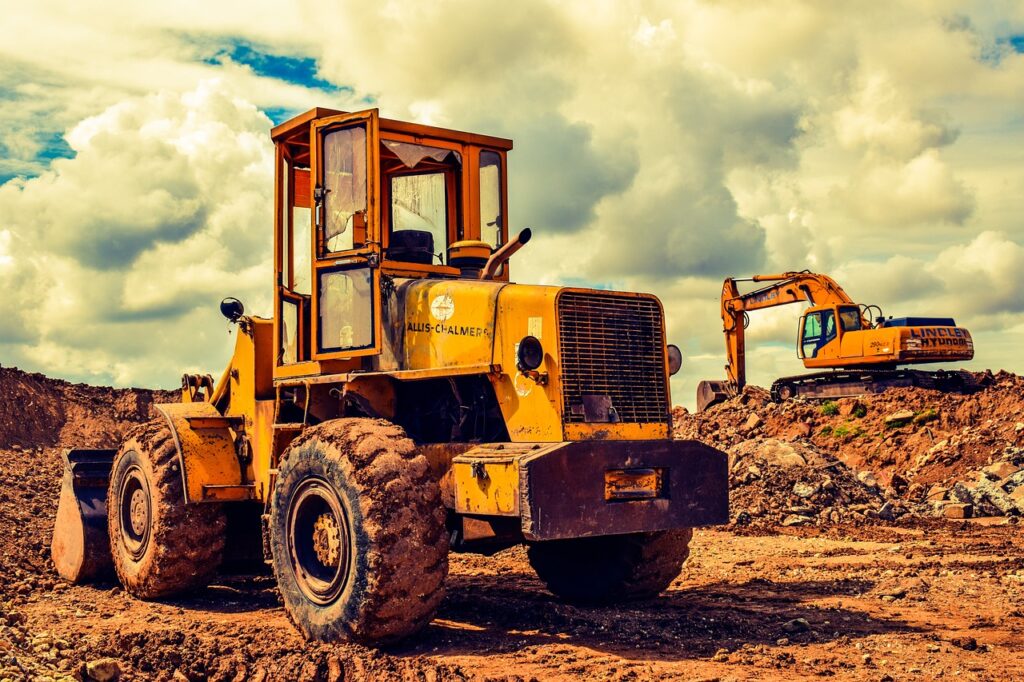Why We Need Stricter Regulations to Protect Topsoil – The EU Takes Action
Topsoil is one of our most valuable resources. It provides the food we eat, supports biodiversity, and functions as a natural carbon sink. However, soil health is often overlooked compared to water and air protection, and this has serious consequences. With increasing pressure from agriculture, construction, and pollution, topsoil worldwide is under growing threat. Therefore, it is high time we enforce stricter regulations to protect this irreplaceable resource. Fortunately, the EU has recently proposed laws that will protect soil as rigorously as water and air.

The Critical State of Soil
According to the UN, about 33 percent of the world’s soil is moderately to severely degraded due to erosion, compaction, acidification, and construction, where vast amounts of soil are transported to landfills annually. In Europe alone, an estimated 970 million tons of soil are lost each year due to erosion. This means we are losing topsoil much faster than it can naturally regenerate. Such a loss not only threatens food security but also weakens soil’s ability to regulate water and carbon. Without healthy soil, it will be impossible to produce sufficient food in the long term. Several EU countries have now implemented high taxes on soil disposal, and some have even banned it.
EU Law – Soil Protection on Par with Water and Air
In July 2023, the EU Commission announced a legislative proposal that would give legal protection to soil, just as water and air quality have been regulated over the past decades. This is a significant step forward, as soil resources in many countries have previously been managed in a fragmented manner or without clear rules for long-term conservation.
The proposed law will likely include measures to combat soil degradation and erosion while promoting sustainable agriculture and reducing the loss of organic matter in the soil. It will also focus on reducing pollution from chemicals, excessive fertilizers, and other contaminants that harm soil structure and the life within it. Additionally, there will be no more room for disposing of soil when it is unnecessary. In the Netherlands/Belgium and the UK, concepts such as soil hotels and soil hospitals are now being discussed.

Why Stricter Regulations Are Necessary
- Food Security: The degradation of topsoil threatens our ability to grow enough food for a growing population. Healthy soil is essential to ensure we have nutritious food in the future.
- Biodiversity: Soil is home to a vast ecosystem of microorganisms and small animals that are crucial for plant growth and ecosystem health. When soil degrades, these life forms are threatened, which can have cascading effects throughout the food chain.
- Climate Crisis: Soil plays a central role in carbon storage. Well-maintained soil binds carbon and helps reduce greenhouse gas emissions. When soil degrades, the carbon is released, contributing to climate change.
- Erosion and Disasters: Without protection, soil becomes more vulnerable to erosion. This not only leads to the loss of topsoil but also increases the risk of floods and other natural disasters, destroying land and communities.
What Does This Mean for the Future?
The EU’s initiative represents a paradigm shift in how we view and treat soil. By introducing stricter regulations for soil protection, the EU is laying the foundation for a more sustainable future where agriculture, nature, and climate can coexist. This is crucial in a time when we are facing a global food crisis and growing environmental challenges.
However, it is also important that countries outside Europe follow suit. Soil is not an infinite resource. It must be treated with respect and care, and we need international cooperation and guidelines to ensure we protect this resource for future generations.
Call to Action
Consumers, farmers, and policymakers must all play their part in protecting soil. Farmers can adopt more sustainable practices such as regenerative agriculture, while consumers can support local products and demand that soil resources are properly managed. At the same time, we must all push for politicians to implement and enforce legislation that ensures soil is treated with the same care as water and air.
Rethink Food published an excellent article on this topic a few months ago.